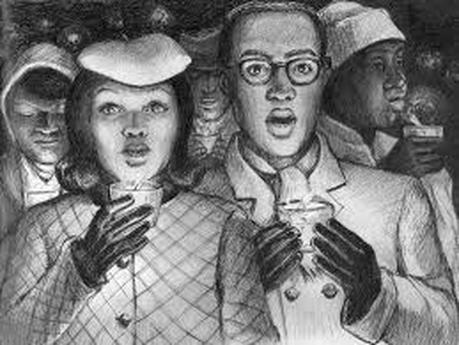|
Understanding subjectivity is an essential part of the writing process. When we express ourselves, make an argument, or tell a story, we do so from a position shaped by who we are and where we are, our background and experiences, our thoughts and beliefs, and even how we are feeling in that moment. Subjectivity also plays a foundational role in how we understand and interpret others and the world around us. It shapes our opinions and makes us unique. This class asks students to consider subjectivity through two distinct but related paradigms: witnessing, an act of seeing or otherwise experiencing an event, and testimony, an act of self-expression meant to share or convey opinions on what has been witnessed. The purpose of this class is to introduce practical methods for reading “texts” (print, visual, auditory, social, etc.) and to activate both thought and writing processes to engage with the dynamic issues they raise. Together we will examine a number of short and long texts that draw from and speak to discourses from across the academic disciplines and raise questions concerning subjectivity in acts of witness and testimony. Operating under the premise that our community stands to benefit from a diversity of perspectives and opinions, we will explore different techniques for self-expression and different types of writing with a goal of better understanding our own subject positions, as well as those we encounter.

